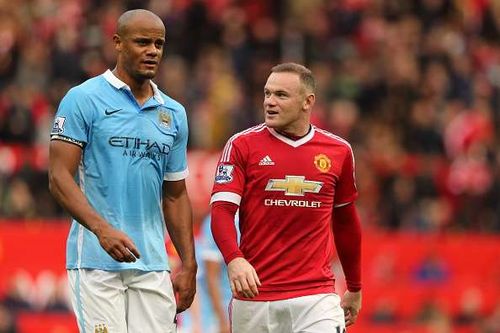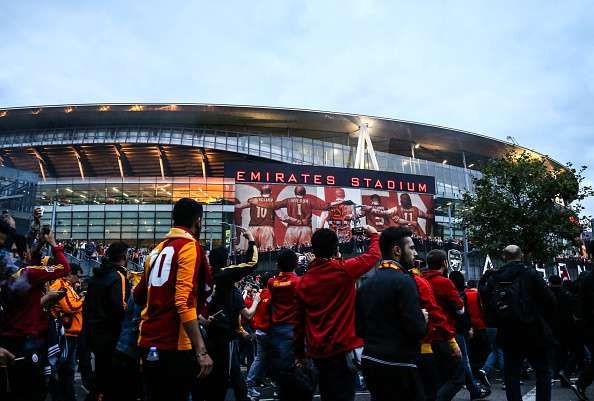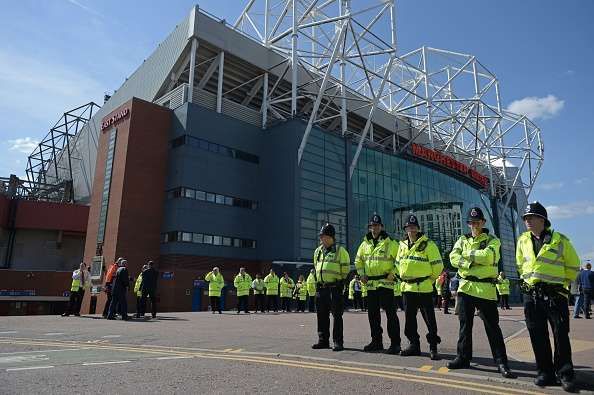
EPL fixtures: How the Premier League compiles dates for the entire season

It’s a summer break in the football season and fans’ focus may be on Euro 2016 or Copa America at the moment, but one set of fans will be salivating just at the mere thought of the 2016/17 Premier League season. After Leicester City turned the table upside-down last season, next season promises to be an unpredictable one where an all-star cast of managers is simply one of the few things to look forward to.
15 June marks the release of the Premier League fixtures and it is one that fans always look forward to so they can plan their weekends and, literally, the next nine months of their lives. The 25th season of the EPL kicks off in mid-August with the first game to be played on 13 August while matchday 38 will be held on 21 May 2017. There were reports of a leaked EPL fixtures list but that will be verified when it is officially announced.
EPL 2016-17 complete fixtures here
But how much planning goes into making the fixtures? It turns out it is a very cumbersome process to schedule 380 matches over nine months with plenty of factors to consider. And who takes care of the process and who all are involved?
The fixtures are created on a computer owned by Atos – international IT services company. But the algorithm needs a number of parameters before it can start churning out fixtures for the entire season. Here are the main ‘ingredients’ used to compile fixtures. They were recently interviewed by the Premier League and here are some of the highlights.
Dates for EPL matches

For starters, they need to be told about when the league is allowed to schedule their matches. A number of calendars are synched to ensure dates do not clash and both clubs and their players are available to play them.
Firstly, FIFA and UEFA competition dates are taken into account. All leagues in Europe have international breaks at the same time according to the FIFA calendar. After that, the Premier League asks the FA when they plan to schedule matches for the FA Cup and League Cup.
Only once these dates are confirmed can the Premier League set the dates for EPL matches. While most UEFA competitions and League Cup games are held in mid-week (both Champions League and Europa League), FA Cup games are usually held on the weekends unless it is a replay.
The ‘Golden Rules’
The scheduling algorithm ensures that no team plays more than two consecutive games at home or away. In a set of five games, there must be three home games and two away games (or vice-versa). No team will play three home games in a row (or away).
Similarly, no team will start or end their season with two home or two away fixtures. Doing so would give them an undue advantage at the start of the season or put them at a disadvantage come the end of the season.
While most leagues have a winter-break in December-January, the Premier League sees more fixtures in that one-week period. Here, too, there are certain rules. If a team plays at home on Boxing Day (26 December), they will play away on New Year’s Day. The computer also makes sure there is minimal travel involved for fans on these two days.

Clubs from the same region will not have their home games scheduled on the same day or even the same weekend. For example, Liverpool’s Anfield and Everton’s Goodison Park are separated by less than a mile and it would make it difficult for the police force to handle so many fans in one area at a time. It is a similar case with Manchester City and Manchester United while north London clubs Arsenal and Tottenham Hotspur also do not play at home on the same day.
The local police are also consulted on whether there are any dates when they cannot spare enough people to oversee security at a match. These dates are also shared with the Premier League to ensure no home games are scheduled on that day.
How the EPL fixture list is finalised
The entire process begins at the start of the calendar year. But most of the work cannot be done until the final 20 teams are finalised. Three teams are relegated from and promoted to the Premier League every season and all three new entrants are not decided until the Championship Playoffs are concluded.
If a change is requested by a particular club, it leads to a butterfly effect. Since all fixtures are dependent on other fixtures, one change could potentially affect 40 other changes or even the entire calendar, leading to the computer starting over.
Once a fixture list is finalised, representatives from the Premier League and football League scrutinize it with a fine-tooth comb to ensure each and every date satisfies all the specified criteria – a process that usually takes two days.